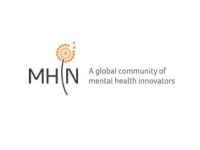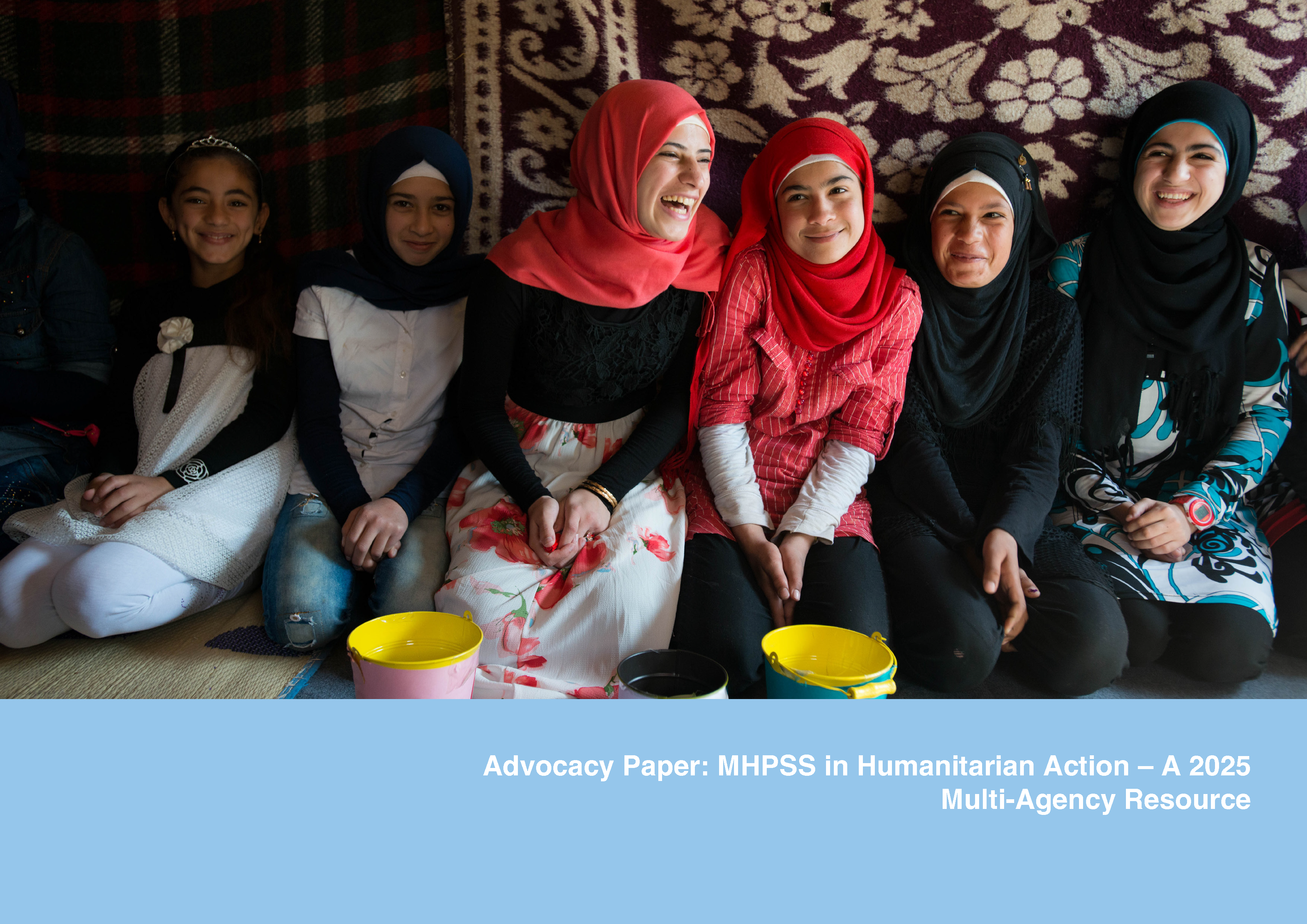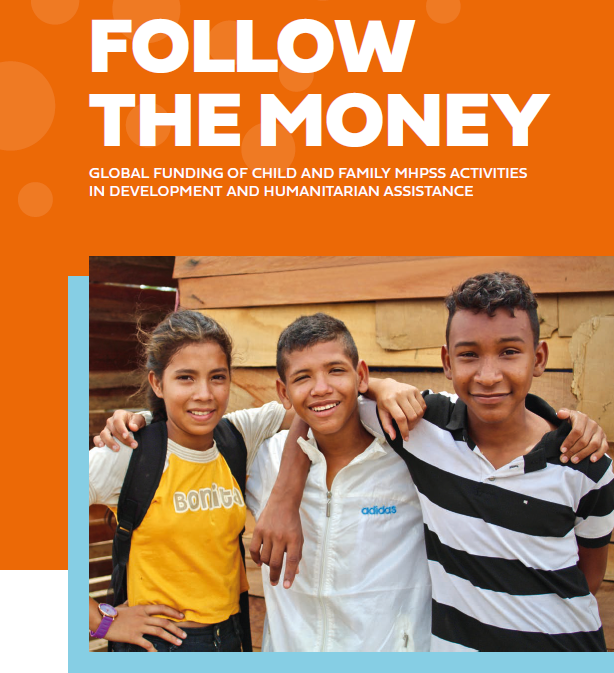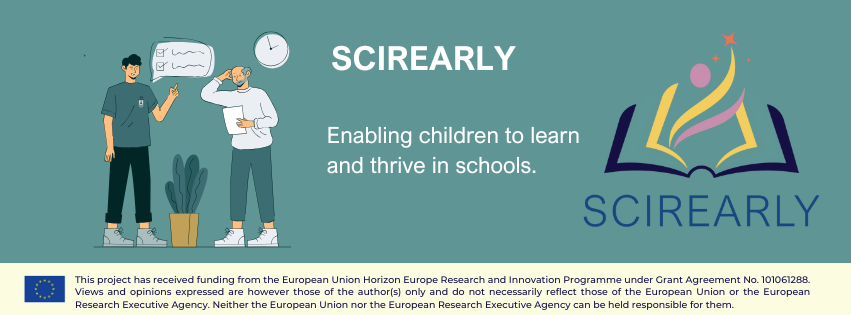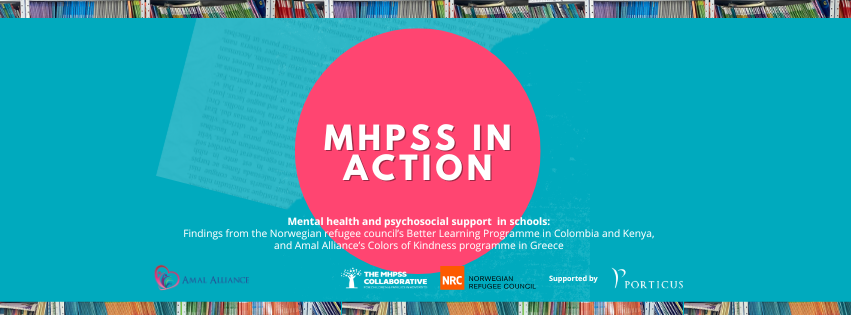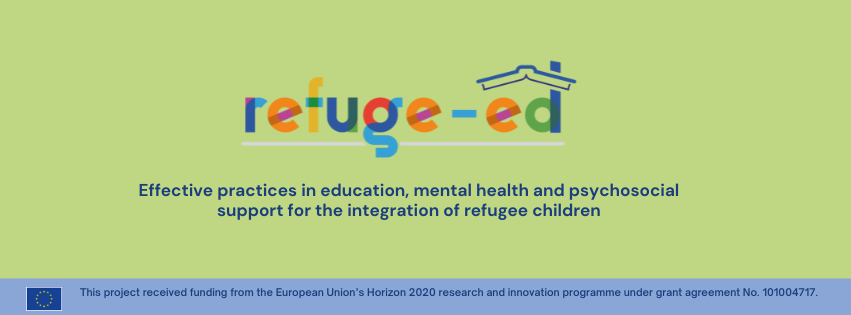
Localizing and integrating MHPSS in emergencies: Recommendations for funders
The challenge: a critical rethinking of MHPSS funding
Humanitarian financing is undergoing a fundamental and historic shift. Major reductions in aid from traditional donors signal a potential end to humanitarian aid as we have known it. At a time when conflict, displacement, and climate-related shocks are driving mental health needs to record levels, frontline programs are facing closure, specialist staff are leaving, and vital community safety nets are unravelling.
With an estimated 20-30% reduction in global funding for Mental Health and Psychosocial Support (MHPSS), the impact on people in humanitarian settings will be severe. This crisis demands more than just appeals to restore funding; it forces a critical rethinking of how we deliver MHPSS, what we fund, and how we can be most effective and efficient in a rapidly changing system. While other initiatives have documented the immediate impacts of the funding cuts, this project seeks to answer the vital next question: “So, what do we do now?”.
Our response: a practical brief for funders
This project will produce a concise, evidence-informed brief for any actor that allocates MHPSS-related humanitarian funding. Rather than describing the problem, the brief will provide concrete recommendations on how to re-strategize, prioritize, and allocate scarce resources for maximum impact. It is designed to guide funders as they navigate this new reality, ensuring that MHPSS is funded more effectively and sustainably for the future.
What the brief will include
The final output will be a concise, ~15-page brief designed for a wide audience of funders and humanitarian actors. The brief will be structured into three sections developed around two central themes: Localization in Practice and Integration for Impact.
Section 1: The case for action
This section will present an overview of the funding cuts and their human consequences, drawing on existing research from partners to establish the urgency, alongside an investment case that builds on established arguments and, where relevant, introduces new perspectives on why continued and increased MHPSS funding is critical.
Section 2: Localization and integration in practice
This is the core of the brief. Through three chapters, it will explore strategies for strengthening investment in MHPSS in ways that improve the reach and quality of the overall aid response while promoting the sustainability, agency, and autonomy of local actors.
The first two chapters will focus on localization and integration respectively, supported by case studies that will look at what has worked, what has been difficult, and what funding and operational arrangements made it possible.
The third chapter will address how to measure localization and integration in MHPSS, outlining practical ways to track processes and progress using established measurement and financial tracking approaches and evidence from evaluated interventions.
Section 3: A decision-making guide for funders
This section is designed to support internal discussions. It will compile key questions, recommendations, and considerations to help funders think through grant-making strategy, risk-sharing, and “light but right” monitoring as they relate to localization and integration. To make this concrete, we will include examples from funders and aligned initiatives that are already acting on these recommendations, showing not just what to ask, but who is already doing it.
A collaborative approach
This project uses a mixed-methods approach to ensure the brief is practical and credible reflecting the reality on the ground:
- A rapid, structured review of peer-reviewed and grey literature on integration, and localization in the MHPSS field.
- Analysis of findings and datasets from other initiatives with a specific focus on humanitarian contexts.
- Review of existing measurement and financial tracking frameworks and tools relevant to localization and integration of MHPSS.
- Collection of case studies from community-based organizations, NGOs, and UN agencies.
- Interviews and focus group discussions with private foundation representatives, local and national organizations, and international humanitarian actors.
- Identification and documentation of examples from funders and aligned initiatives whose current practices connect with the brief’s recommendations, through desk review and direct engagement.
The brief will be informed by direct consultations with these key actors to ensure the final product is grounded, useful, and actionable.
Interested to find out more or collaborate, reach out to the MHPSS Collaborative’s Senior Technical Advisor, Dr Victor Ugo – **@*******et.dk

